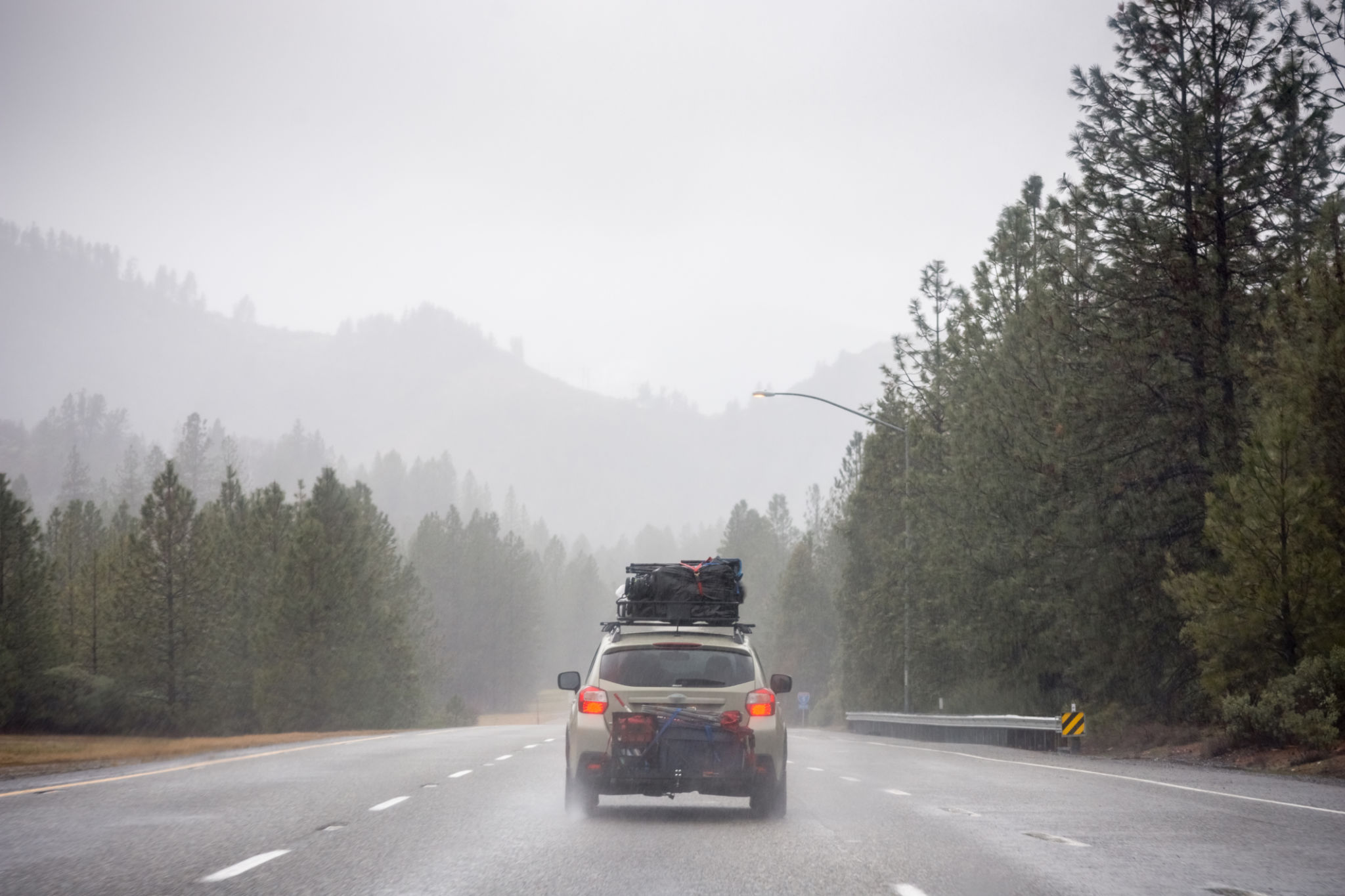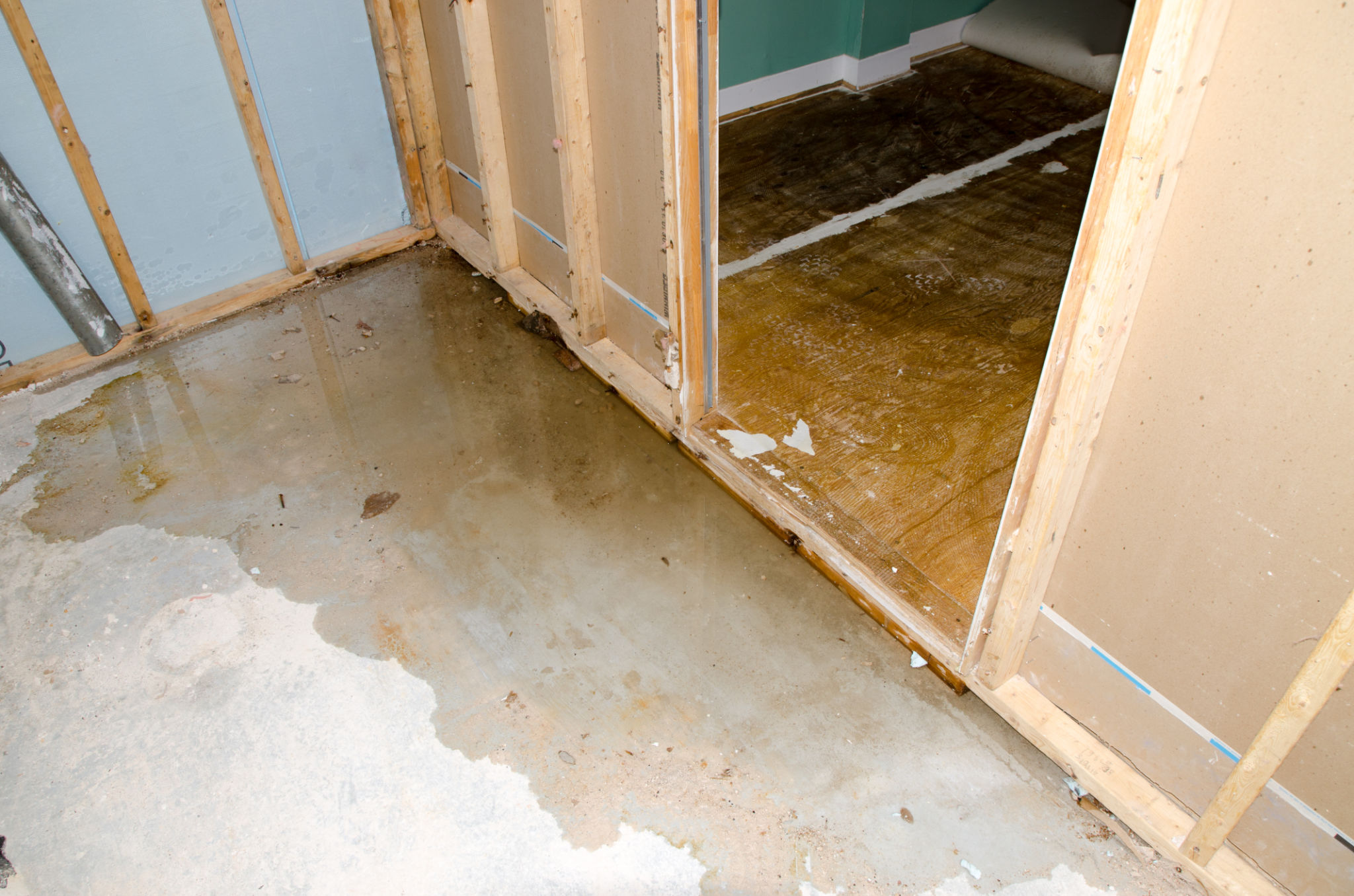The Impact of Oregon's Weather on Water and Fire Damage: Local Insights
Understanding Oregon's Unique Climate
Oregon is known for its diverse and unique climate, which can vary dramatically across different regions. From the lush greenery and frequent rainfall of the western regions to the drier, more arid conditions of the eastern areas, the state presents a complex weather tapestry. This variability significantly impacts the potential for both water and fire damage, making it crucial for residents and businesses to understand how to protect themselves effectively.
Western Oregon, particularly around the coastal and Willamette Valley areas, experiences heavy rainfall, especially during the winter months. This abundance of rain can lead to water damage in homes and buildings if they are not properly maintained. On the other hand, eastern Oregon's drier climate increases the risk of wildfires, especially during the hot summer months.

The Threat of Water Damage in Oregon
Water damage is a significant concern for residents in the wetter parts of Oregon. The persistent rain can lead to flooding, leaks, and other forms of water intrusion in homes and commercial properties. It's important for property owners in these regions to ensure that their buildings are well-equipped to handle excessive moisture.
Proper drainage systems, regular roof inspections, and effective sealing of windows and doors are essential preventative measures. Additionally, investing in sump pumps and dehumidifiers can help manage moisture levels and prevent mold growth, which is a common consequence of prolonged exposure to damp conditions.

Fire Risks in Eastern Oregon
Conversely, eastern Oregon faces a different set of challenges. With its dry summers and strong winds, this region is prone to wildfires. The combination of high temperatures and low humidity creates ideal conditions for fires to ignite and spread rapidly. As such, fire prevention strategies are critical for residents in these areas.
Some effective measures include maintaining defensible space around properties by clearing flammable vegetation, using fire-resistant building materials, and ensuring that roofs and gutters are free from leaves and debris. Community efforts such as creating firebreaks and participating in local fire safety programs can also play a vital role in reducing the risk of wildfires.
Preparing for the Unexpected
While it is essential to understand the specific risks associated with different regions in Oregon, it is equally important to be prepared for unexpected weather events. Residents should have emergency plans in place that address both water and fire scenarios. This includes having access to emergency supplies, knowing evacuation routes, and staying informed about weather alerts through reliable sources.
Insurance is another critical component of preparedness. Homeowners and renters should ensure their policies cover potential water and fire damage specific to their location. Reviewing and updating insurance plans regularly can provide peace of mind and financial protection in case of a disaster.

Community Involvement and Support
Community involvement plays a vital role in managing the impact of Oregon's weather on water and fire damage. Local governments often provide resources and guidance to help residents prepare for adverse weather conditions. Participating in community meetings and staying engaged with neighborhood groups can offer insights into local risks and solutions.
Furthermore, local businesses specializing in restoration services can be invaluable resources when dealing with the aftermath of water or fire damage. Establishing relationships with these professionals before disaster strikes ensures quick and efficient recovery efforts.
Conclusion: Navigating Oregon's Weather Challenges
Oregon's diverse climate presents unique challenges when it comes to water and fire damage. Understanding these challenges and taking proactive measures can significantly mitigate risks. Whether it's maintaining proper drainage systems or preparing for wildfires, residents must remain vigilant and informed.
By fostering community collaboration, leveraging local expertise, and staying prepared for unexpected events, Oregonians can effectively navigate the complexities of their state's weather conditions. Ultimately, this proactive approach not only safeguards properties but also enhances the resilience of communities across the region.